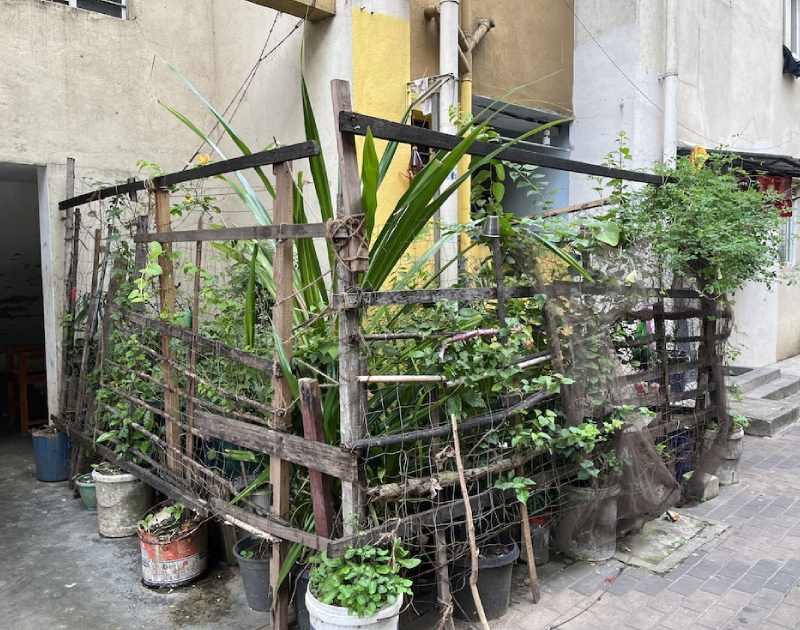
- Home
- Knowledge Insights
- Opinion: ‘Trimming the Fat’ in Sri Lanka’s Enterprise-support Institutions
As the fiscal tightening effort is well underway, and the Treasury must find space to cut budgets and consolidate the size of the public sector, a key area to focus on is restructuring the institutions in the ‘enterprise support’ space. In short – we have too many, with too little impact. There are so many apex government agencies mandated to promote entrepreneurship or develop entrepreneurship. Sri Lanka has the National Enterprise Development Authority (NEDA), which was a product of the SME White Paper in 2002 and was meant to be the apex SME development agency to create great impact. The reality has been far from this. Then there is also the Industrial Development Board, which had an illustrious past – helping technical upgrading of small and medium industries (SMIs) and creating new industrial estates to seed nascent manufacturers – but has since lost its edge and its relevance. There is also the Industrial Services Bureau, which functions at a provincial level, the Export Development Board’s Regional Development Division, the Small Enterprises Development Division of the Ministry of Youth and Sports, and the ‘Vidatha Resource Centres’ (ostensibly set up for technology transfer to entrepreneurs), to name just a few.
It is ironic that we tax entrepreneurs to then transfer part of those revenues to fund government agencies that are ostensibly meant to develop entrepreneurship, and are staffed with bureaucrats who have no experience with entrepreneurship. It is unconscionable to keep using taxes from entrepreneurs for this, and in fact entrepreneurs should be outraged by it. I recall a conversation with the former head of the UK’s SME agency (who came from the private sector), who said that his first task on the job was to mandate that every officer in the department spends one day a week meeting and talking to businesses. I wonder how many of the public officers in the constellation of state agencies mentioned above actually meet businesses regularly (at the enterprises’ site, not by bringing them to workshops), and how many senior leaders of these agencies have had any business experience.
The need of the hour is not generic SME development/support initiatives, but rather to quickly foster more export-ready or near export-ready firms, from among the SMEs in the country. Amidst the current forex crisis, boosting the cohort of exporting firms and expanding export-earning potential is a top priority. For this, there needs to be a closer link between GoSL institutions/programmes supporting export development and those supporting SME development. For a start, the Government should advise the consolidation of NEDA, IDB and EDB’s Regional Development Division. These entities should become a single agency, that is smaller, sharper, and with a clear and unambiguous mandate. That mandate must be to improve SME competitiveness towards creating more export-ready and near export-ready firms. The staff of the new agency should be trained afresh to understand export development and exporter firms’ needs. Development Officers (DOs) hired to these agencies (by successive previous governments, to hand state jobs out) should be let go as they do not provide any value in these agencies, and are a drag on the public purse. They are well qualified graduates and should be reoriented to jobs in the private sector instead.
The new merged and streamlined SME competitiveness agency should obtain capacity building from the best apex SME agencies in the world, like USA’s ‘Small Business Administration’, Singapore’s ‘Enterprise Singapore’, Chile’s ‘Corporación de Fomento de la Producción’ or South Africa’s ‘Small Enterprise Development Agency’.
Meanwhile the responsibility for running industrial estates and parks currently coming under the IDB as well as the Ministry of Industries should be moved out into a new industrial estate and zone management company, together with the Export Processing Zones of the BOI. This company should have some clear objectives – to improve internal zone infrastructure (including green initiatives and safety for workers), and facilitate new enterprises into vacant spaces.
Anushka Wijesinha is Economist and Co-founder of CSF. He has previously served on the boards of the National Enterprise Development Authority and the Export Development Board. He was also a member of the Expert Committee on Industrial Estates at the invitation of the Minister of Small Industries, where he co-authored a rapid review of IDB’s industrial estates. He has been a National Consultant to the GIZ SME Development Programme. Anushka has worked in Myanmar, Pakistan, and Maldives on SME competitiveness frameworks, enterprise development and SME institutional improvement. During 2018-19, Anushka served as a member of the Global Future Council on Innovation Ecosystems of the World Economic Forum. He has authored book chapters, working papers, essays, articles, on SME development issues locally and globally.


